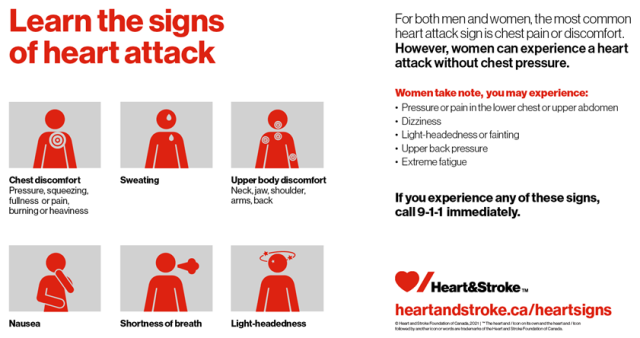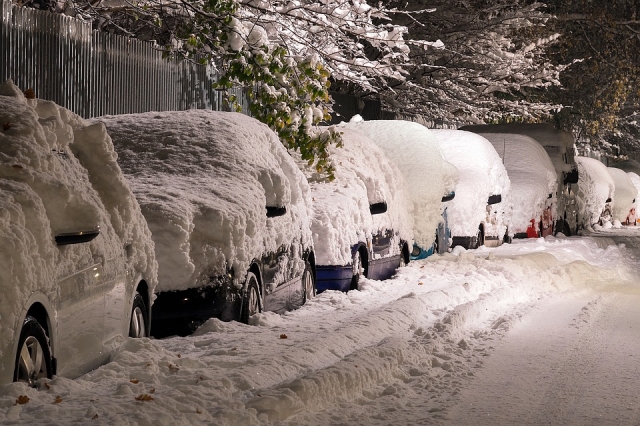The massive dump of snow will have a lot of people suiting up, getting outside, and shoveling.
Manitoba's Heart and Stroke Foundation is sending out reminders about heart health and shoveling.
According to the foundation, rates of heart attacks and strokes drastically spike in the winter time, as colder weather increases blood pressure for warmth and the strenuous activity of shoveling makes it worse on top of that.
Kaitlyn Archibald a Specialist in Health Policy & Engagement with the Foundation says it's important to know the signs of a heart attack, and how they differ in men and women.
"it might look like pressure in your chest or upper abdomen, it could be dizziness or lightheadedness, upper back pressure. Something to note, these symptoms might look different in women as well. It might look like extreme fatigue, dizziness, or pressure in your lower abdomen."

Archibald recommends a list of "Do's and Don'ts" of shoveling.
"warming up your muscles before you start, and not necessarily jumping right into it out of the house. giving your body a chance to warm up can be a really great step. you can also break your shoveling up into sessions, 10 or 15 minutes in the morning and then 10 - 15 minutes in the after noon so it doesn't overwhelm you all at once."
Community support is also crucial in these times, so if you are at risk, ask a neighbor for some help. If you have a neighbor that needs it, offering help is crucial as well.
And when it comes down to it, if you notice symptoms, Archibald has some very important instructions.
"If you know something's off, call 911 right away. get yourself checked out. if you've got that nagging feeling that something is not right, stop shoveling, and immediately call 911."
So when the snow really starts to pile up, know the signs, and shovel safe this winter season.







